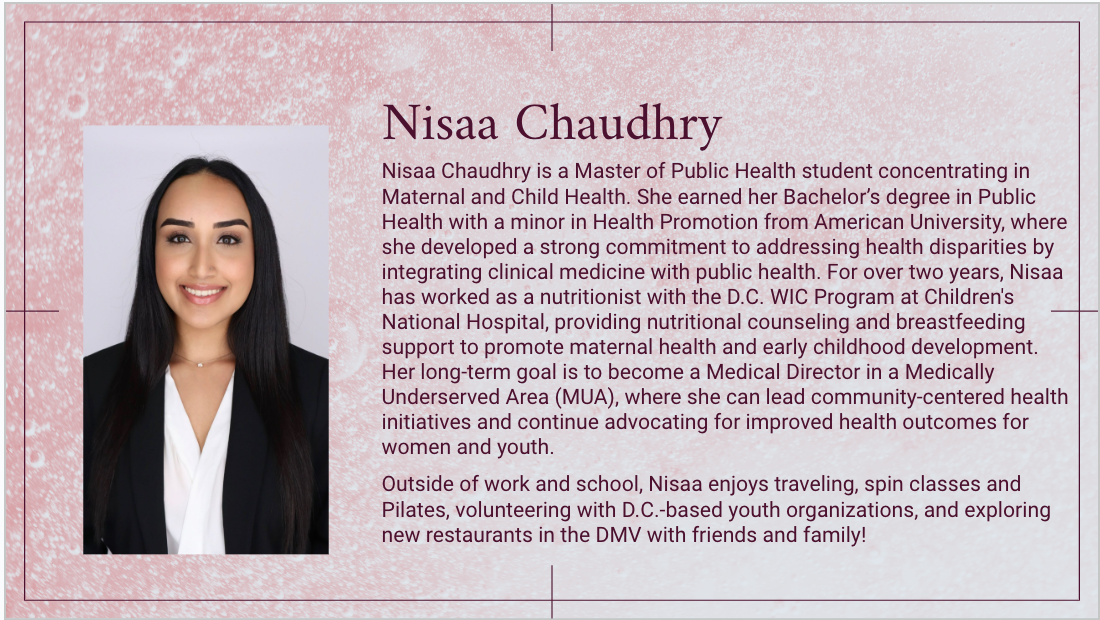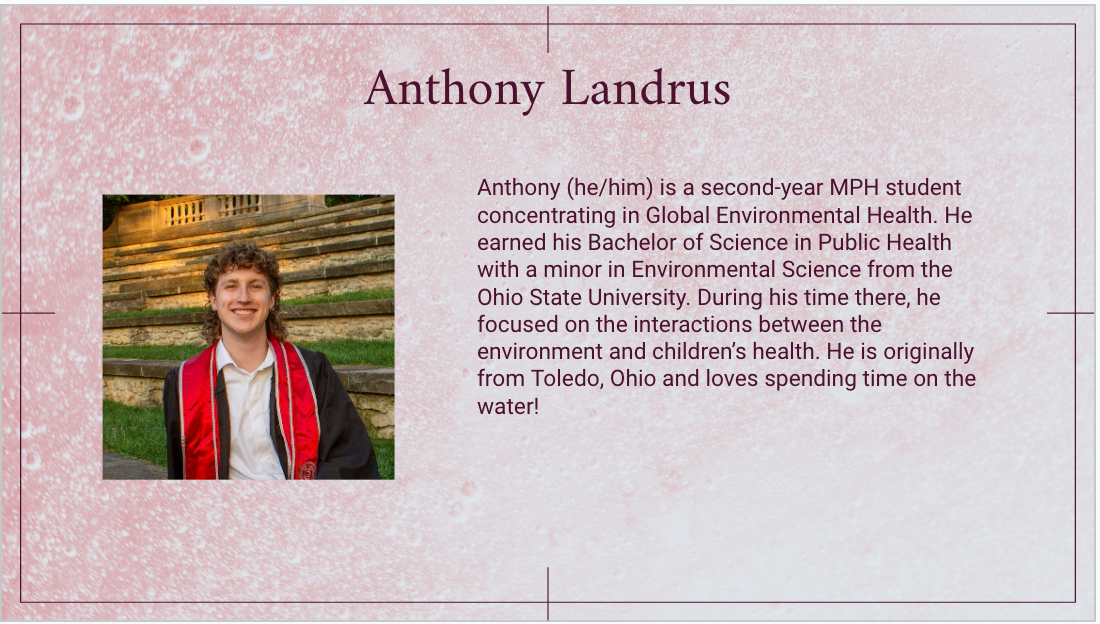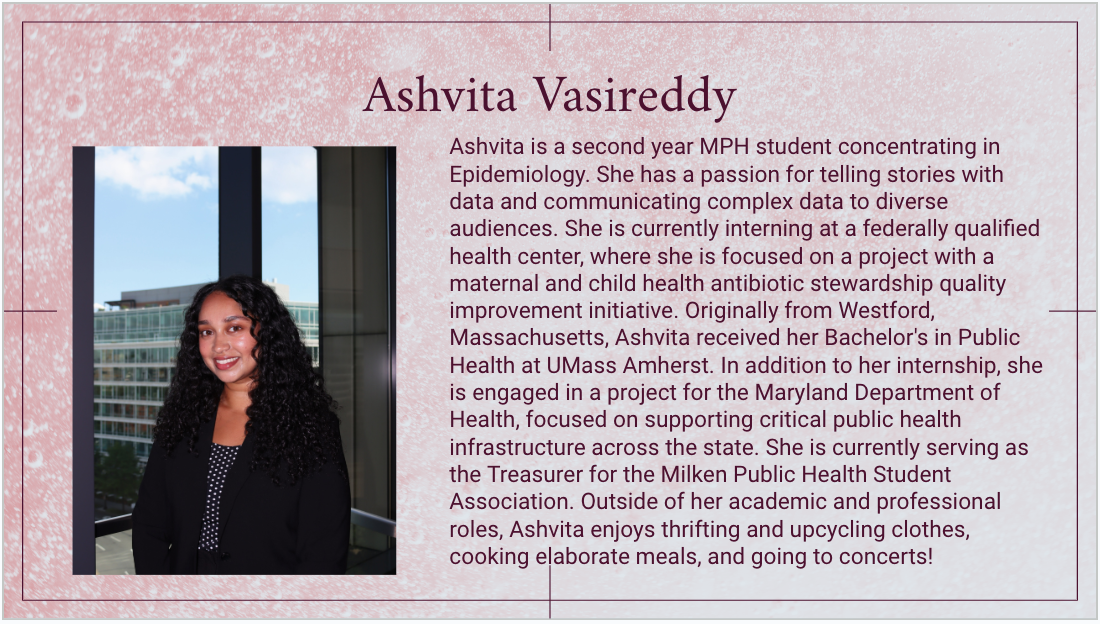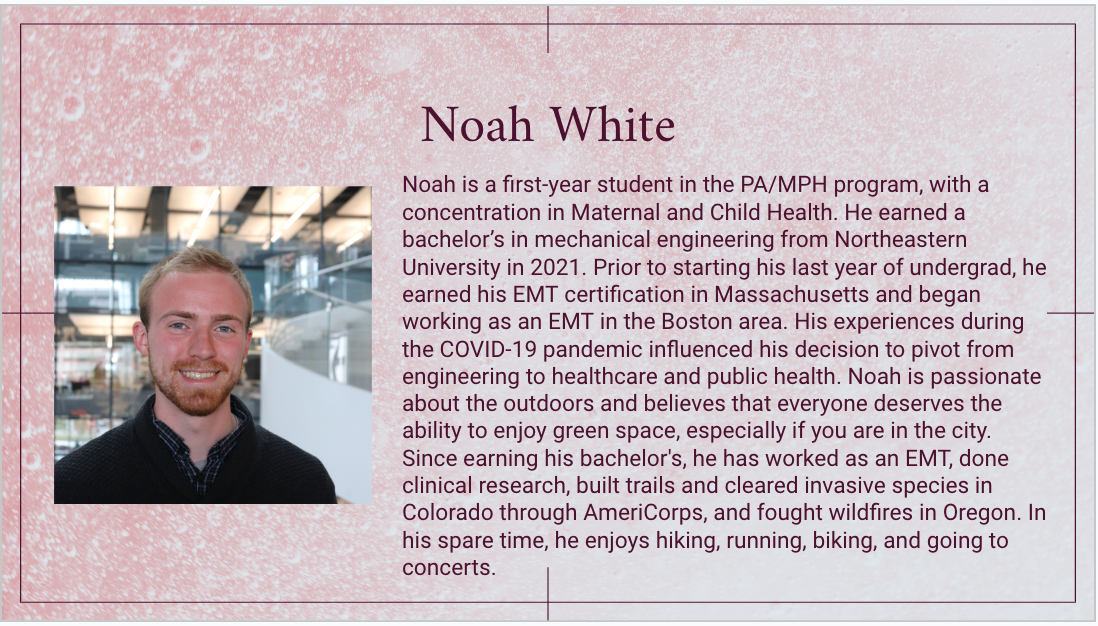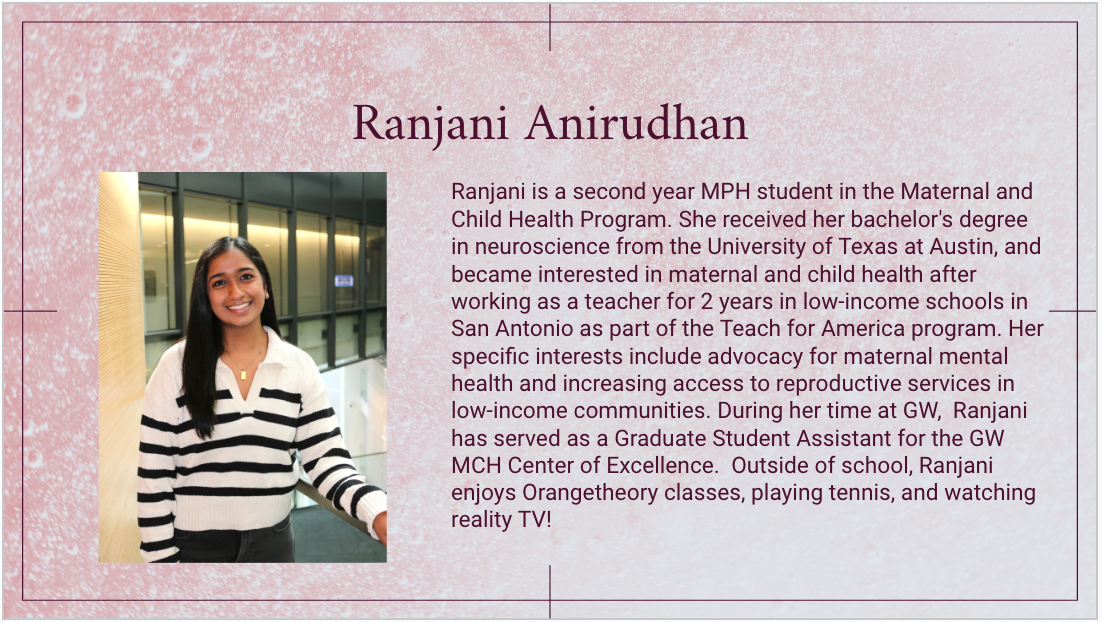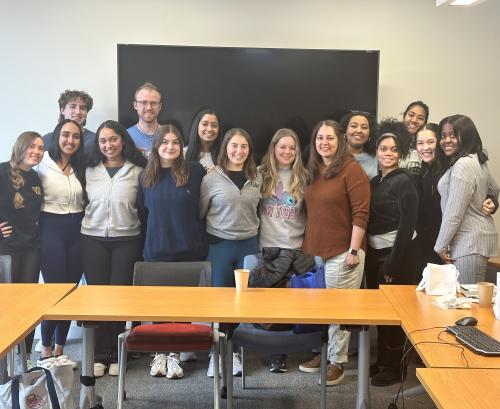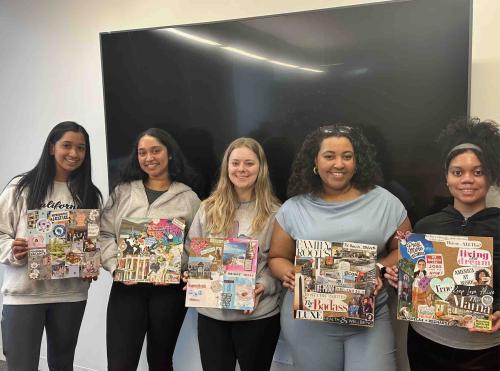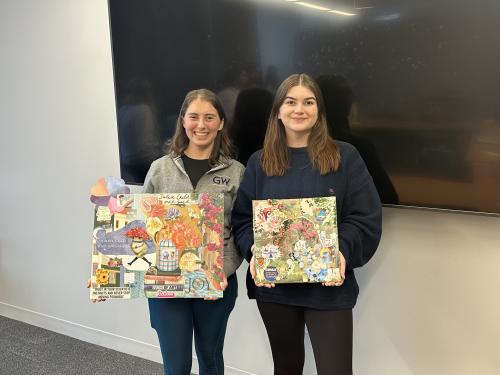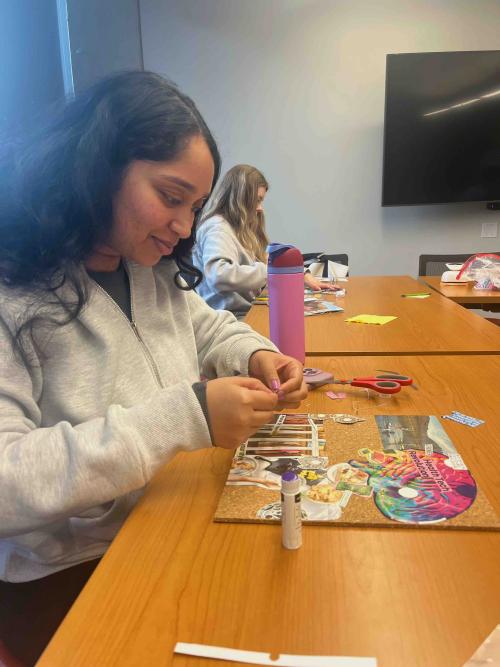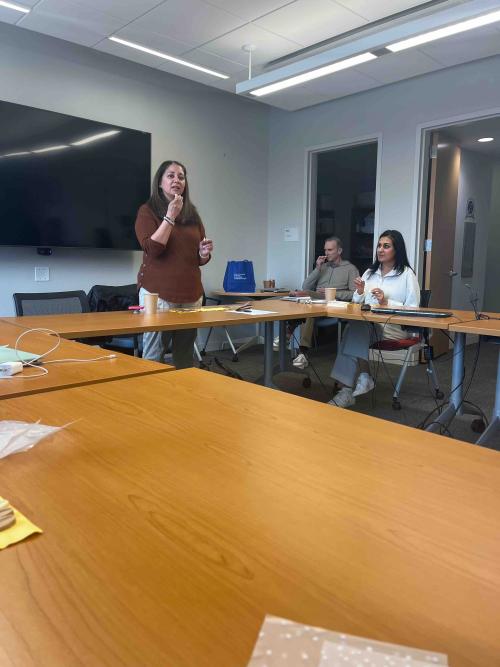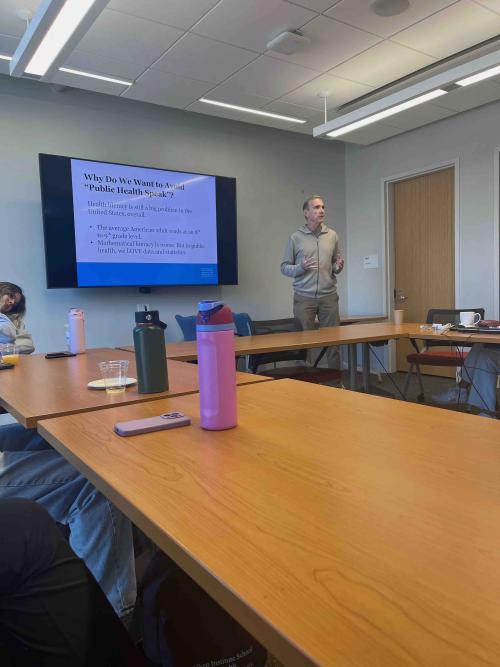2024-2025 Cohort
2024-2025 Cohort
Leadership Training Program Retreat Day 2/22
The Leadership Training Program had an amazing retreat day on 2/22 that included a media training exercise, mindful eating, yoga and vision boarding!
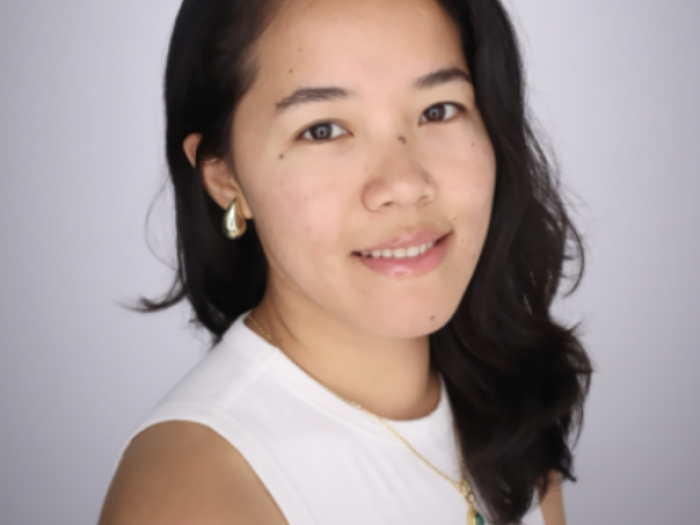
Pratima Thami
June 5, 2025
Pratima Thami reflects on her experience and the sessions that were most impactful to her!
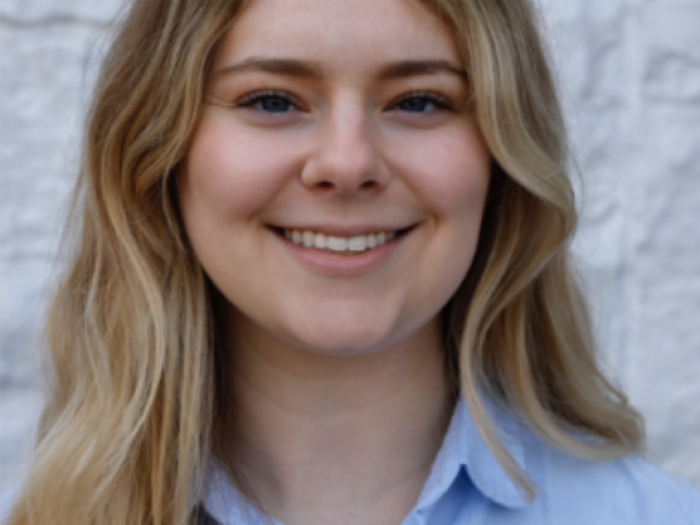
Emily Jackson
June 5, 2025
Emily Jackson reflects on the leadership skills she gained and the new perspectives!
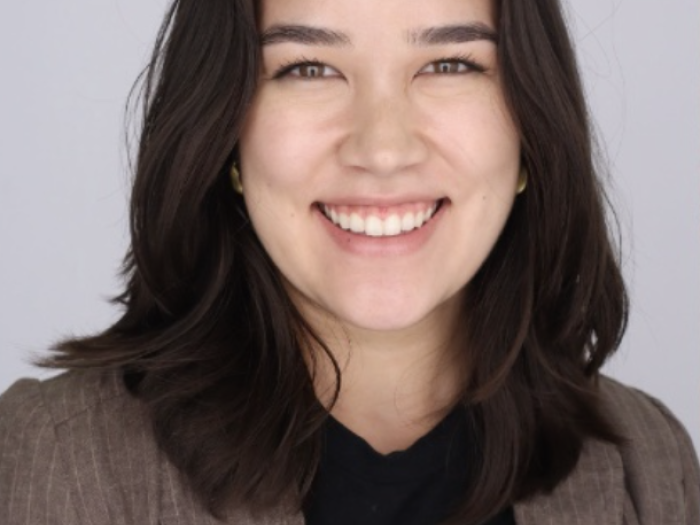
Emily Htway
June 5, 2025
Emily Htway shares the value space that this program provided and the highlights of the experience for her!

Simone Nixon
June 5, 2025
Simone Nixon reflects on the skills she gain from the program and how they helped her personally too!

Alandrea Harris
June 5, 2025
Alandrea Harris reflects on the transformative experience she had during this program!
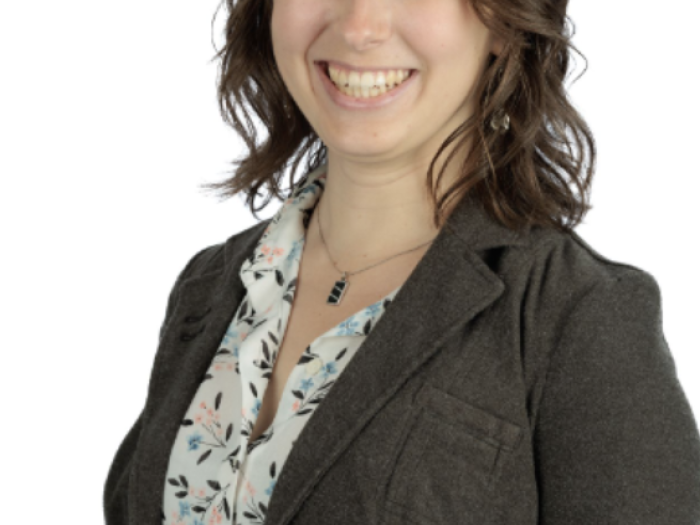
Anneli Merivaara
June 5, 2025
Anneli Merivaara shares her reflections on the program and the impactful sessions she participated in!

Hannah Miletello
June 5, 2025
Hannah Miletello shares what sessions stood out to her and her overall reflection on the program!

Neela Nallamothu
June 5, 2025
Neela Nallamothu shares what the insight and experience she gained participating in this program!


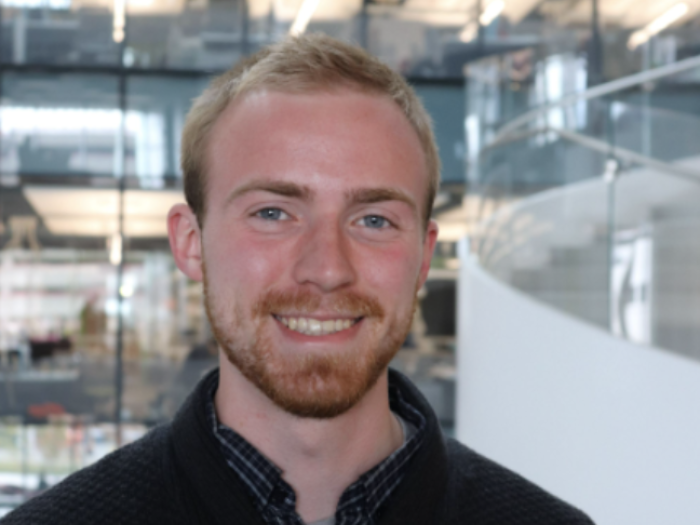
Noah White
June 5, 2025
Noah White shares what his experience was in this program and all that he gained form this experience!

Nissa Chaudhry
June 5, 2025
Nissa Chaudhry shares in her insights and experience with the Leadership Training Program!



